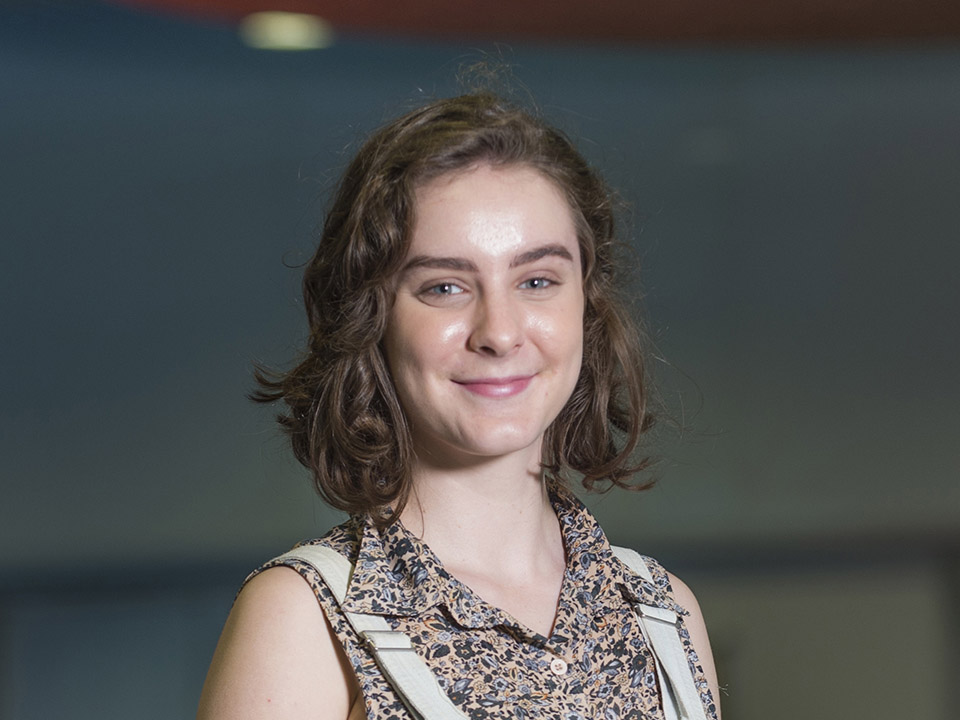Careers and outcomes
This double degree offers you a wide range of career opportunities.
Graduates can work as professional engineers in a variety of discipline areas. Depending on your area of engineering specialisation, you could work with construction companies, environmental specialists, computer manufacturers, communications and digital signal processing product manufacturers, cable and network equipment manufacturers, defence agencies, electricity utilities, mining industry, telecommunications companies, automated systems and robotics, or in power generation and supply.
Mathematics graduates are employed across a wide range of areas. These include, but are not limited to, finance, investment, data analytics, defence and national security, research, information technology, engineering modelling and simulation, environmental science, health, management, marketing, logistics, media, and education. In addition to their knowledge and skills in mathematics, graduates are also highly valued for their analytical and problem-solving skills. Development of skills in communication, problem-solving, critical thinking and teamwork form an integral part of the course.
Careers and outcomes
This double degree offers you a wide range of career opportunities.
Graduates can work as professional engineers in a variety of discipline areas. Depending on your area of engineering specialisation, you could work with construction companies, environmental specialists, computer manufacturers, communications and digital signal processing products manufacturers, cable and network equipment manufacturers, defence agencies, electricity utilities, mining industry, telecommunications companies, automated systems and robotics, Civil Aviation Safety Authority, or in power generation and supply.
Mathematics graduates are employed across a wide range of areas. These include, but are not limited to, finance, investment, data analytics, defence and national security, research, information technology, engineering modelling and simulation, environmental science, health, management, marketing, logistics, media, and education. In addition to their knowledge and skills in mathematics, graduates are also highly valued for their analytical and problem-solving skills. Development of skills in communication, problem-solving, critical thinking and teamwork form an integral part of the course.
Professional recognition
All graduates are eligible for an Engineers Australia (EA) membership. EA is a signatory to the Washington Accord, which permits graduates to work in various countries across the world. This course is recognised internationally in the engineering profession, giving QUT graduates more career opportunities overseas.
Graduates of each mathematics major are eligible for full or associate membership of a number of discipline-based professional associations.
Possible careers
- Actuary
- Aerospace avionics engineer
- Bioengineer
- Biomechanical engineer
- Biomedical engineer
- Business analyst
- Business risk and governance consultant
- Civil engineer
- Clinical data manager
- Computer systems engineer
- Electrical and computer engineer
- Electrical engineer
- Engineer
- Environmental engineer
- Mechanical engineer
- Medical engineer
- Quantitative analyst
- Research assistant
- Research scientist
- Software engineer
- Statistician
- Transport engineering specialist






